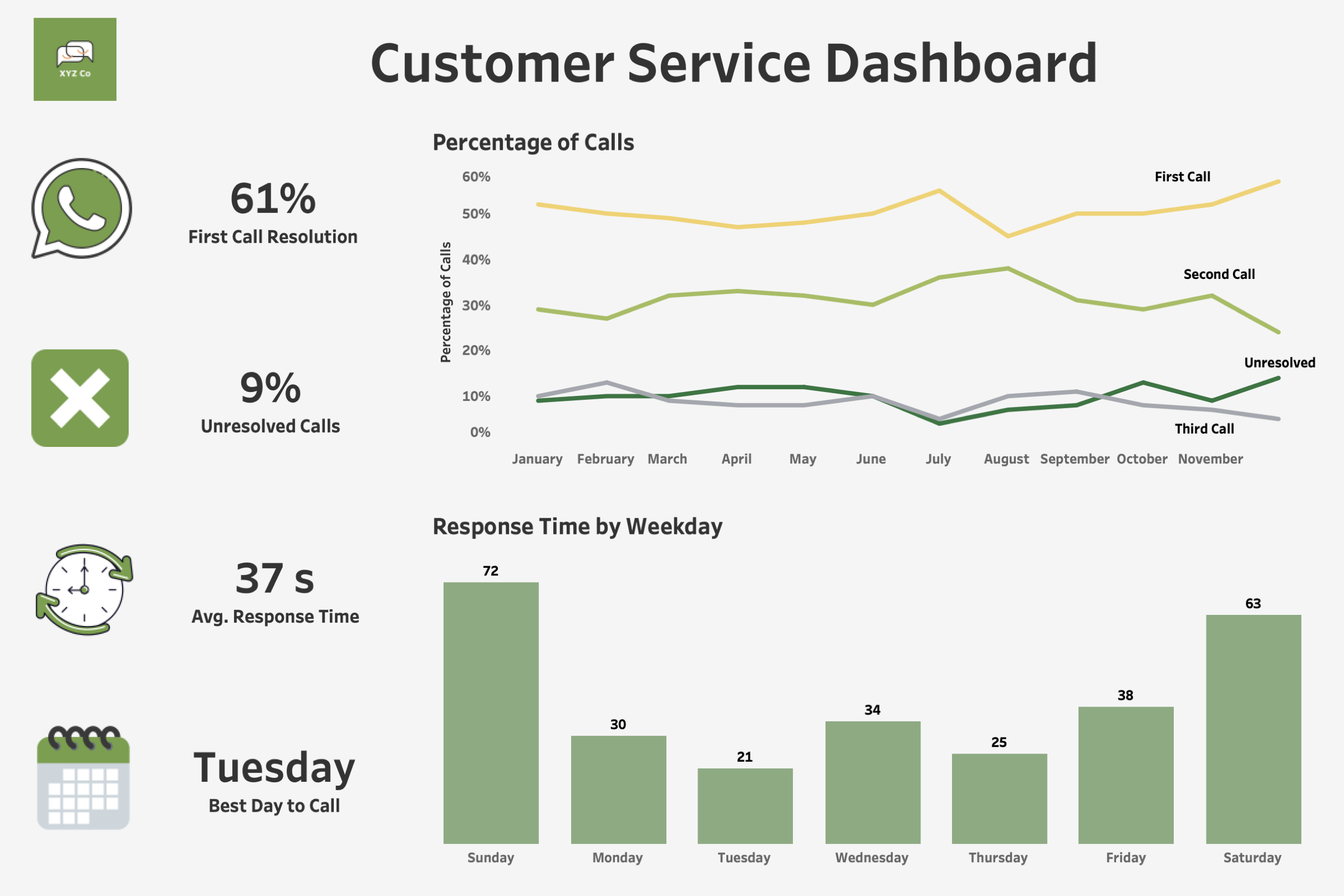¶ Business Intelligence Weekly
¶ What it is
Besides the tech team and designers, the business intelligence team works very closely with the product management team as they help monitor & analyse data performance to help us move forward. BI weekly is a regular channel for these two to communicate or trade information to stay on the same page. It could be dashboard updates (examples on the right, and it'll be more real-time rather than weekly), emails, or meetings to do the weekly.
¶ Why it is useful
A weekly meeting is a common way to keep essential stakeholders in touch or has good timing to discuss further discussion points.
¶ When to use it
The means of weekly varies in different stages of the product. Weekly meetings are more suitable for newly launched products as we foresee many data fluctuations that are worth looking into. Weekly emails and dashboard updates will apply under more sound stages when not so many topics need to be discussed regularly.
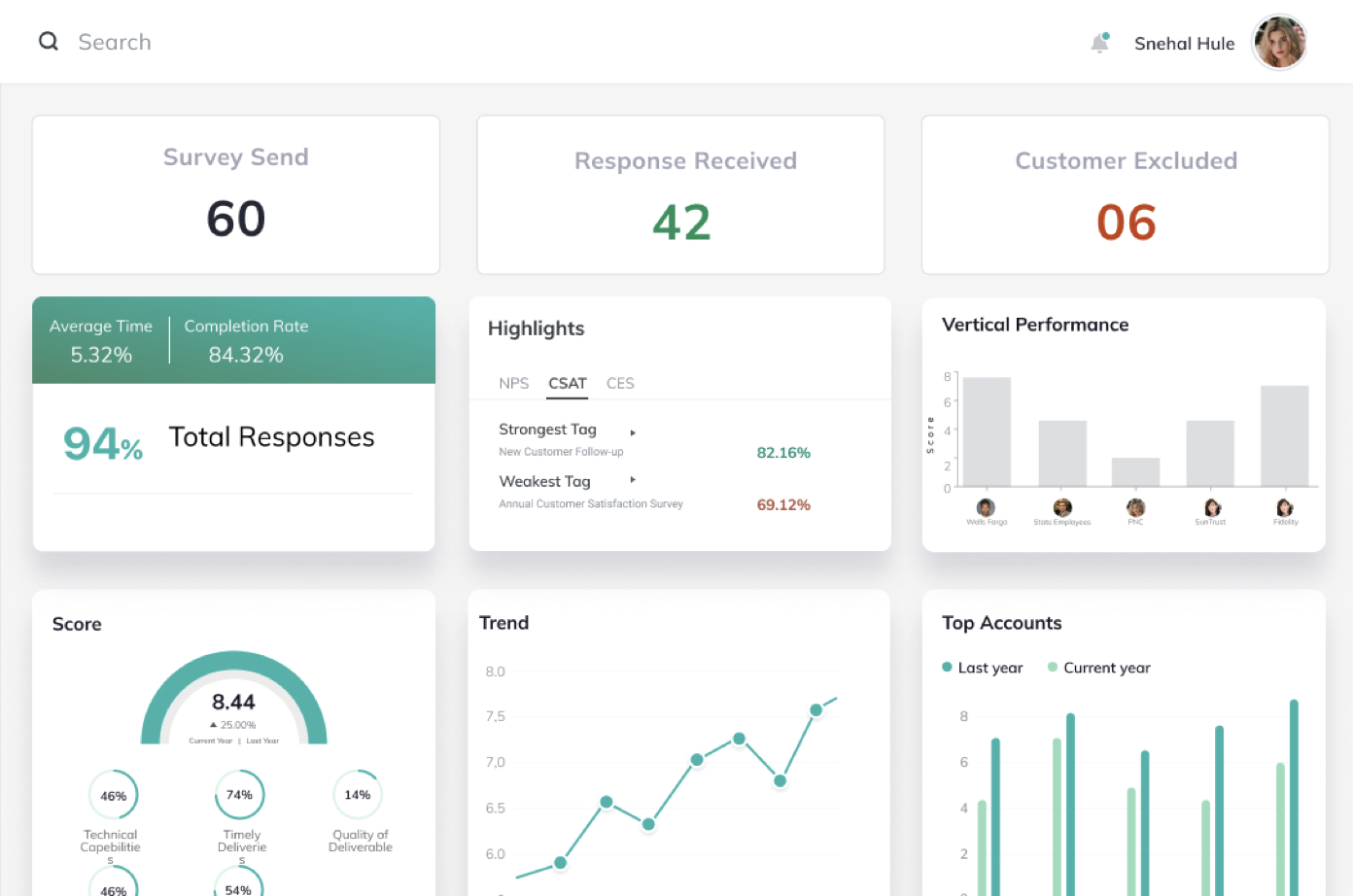
¶ Who is involved
Business analysts will be responsible for organising the weekly (preparing what's new from the product side and informing what's needed from the business intelligence side) if the meeting is held weekly.
However, the business intelligence team might be more proactive if it's an individual topic for deeper analysis.
Also, if it is project-based, weekly might involve other key project teams such as marketing, business development, etc.
Overall, the business intelligence team will account for data accuracy, and the product management team usually accounts for what we can do with the data.
An example of an analysis report from business intelligence might look on the right, and product management will take action accordingly.
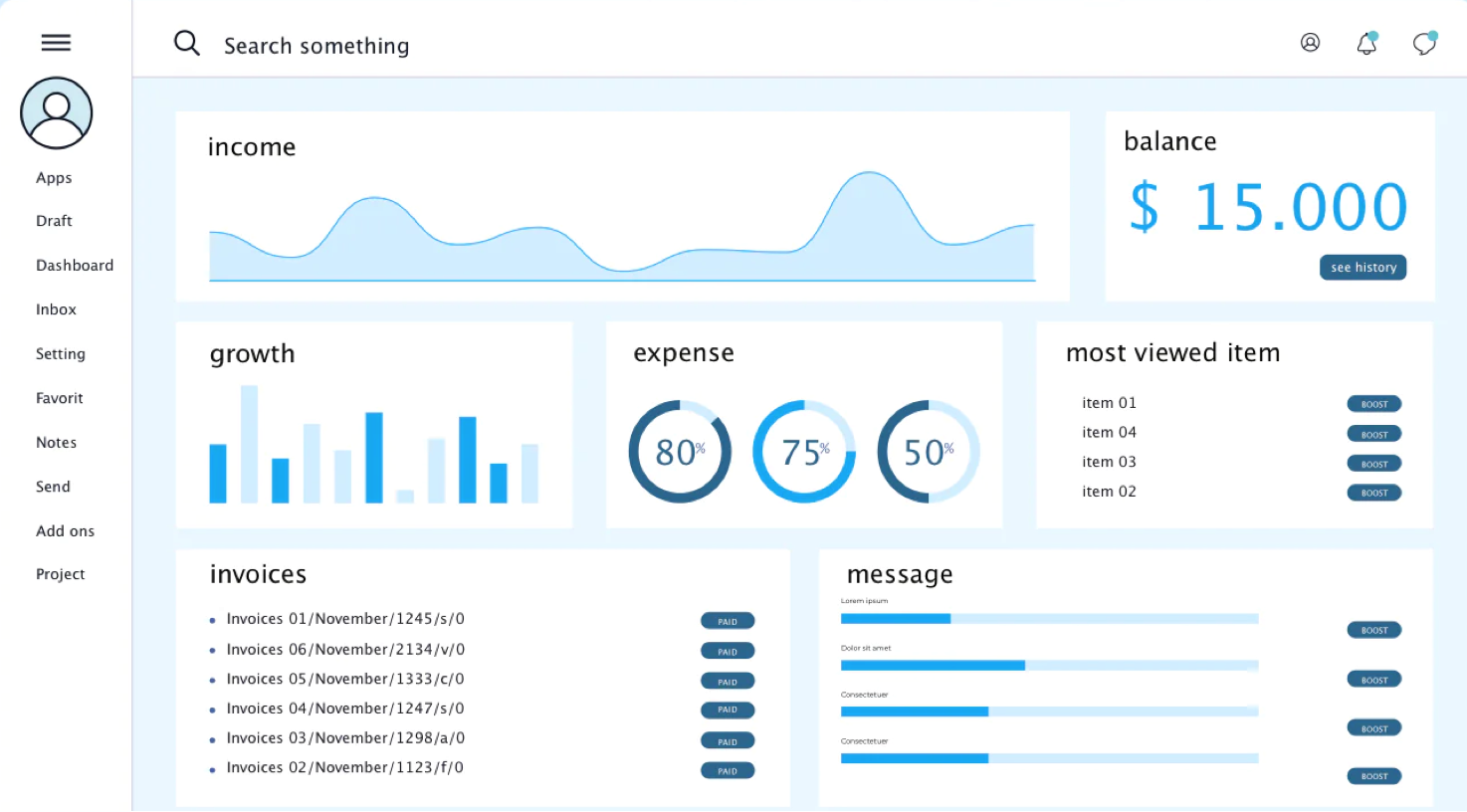
¶ How is it done
- Set up a weekly meeting or email ritual for the relevant stakeholders - owned by BI and involving all necessary team members.
- Prepare the meeting or touchpoint well to ensure that data is presented in the proper format and that the correct data is available.
- Review relevant data jointly - starting with a general overview that is always used and then diving into potentially urgent current questions that might need more specialised analysis.
- Conclude on crucial actions to take and next steps, and circulate those after the meeting, together with the supporting data points, to ensure everyone can revisit them if needed and understand the rationale without further questions.
¶ Do's & Don't
Do's
- Ensure that reporting (form and format) reflects the needs of stakeholders. Good data visualisation tells good stories.
- Understand current, urgent questions and prepare data to address them, besides the hygiene business check-up.
Don't
- Don’t overwhelm stakeholders with raw data or endless rows of data. Every presented information should correlate to a critical business question. Not more, not less.
¶ Example
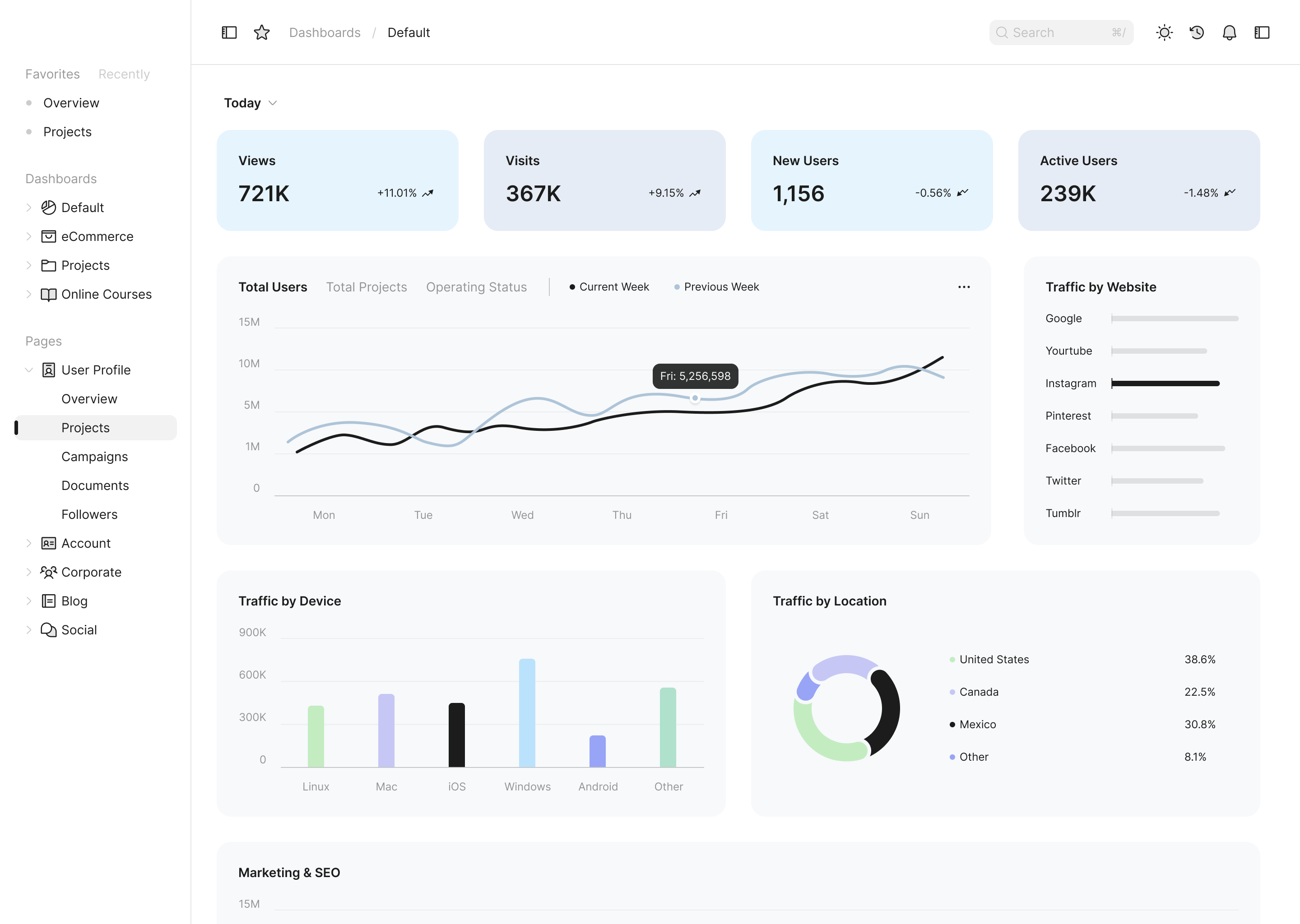
¶ Customer Service Weekly
¶ What it is
Customer service is the department that speaks to end users directly. The weekly with them is to keep them updated on product iterations and help the product management team collect valuable user feedback. Similar to the business intelligence team, it could be dashboard updates, emails, or meetings to do weekly.
¶ Why it is useful
Besides quantitative data, the voice of real end users is usually the best way to understand who they are, how they use your product, and how they like it. Also, the customer service team is one of many sources of information; how they perform indicates how we interact with our users, directly impacting how they feel about us. Thus, weekly customer service can also help us monitor the customer service team's performance. On the right is an example of quantitatively tracking whether customer service improves handling complaints.
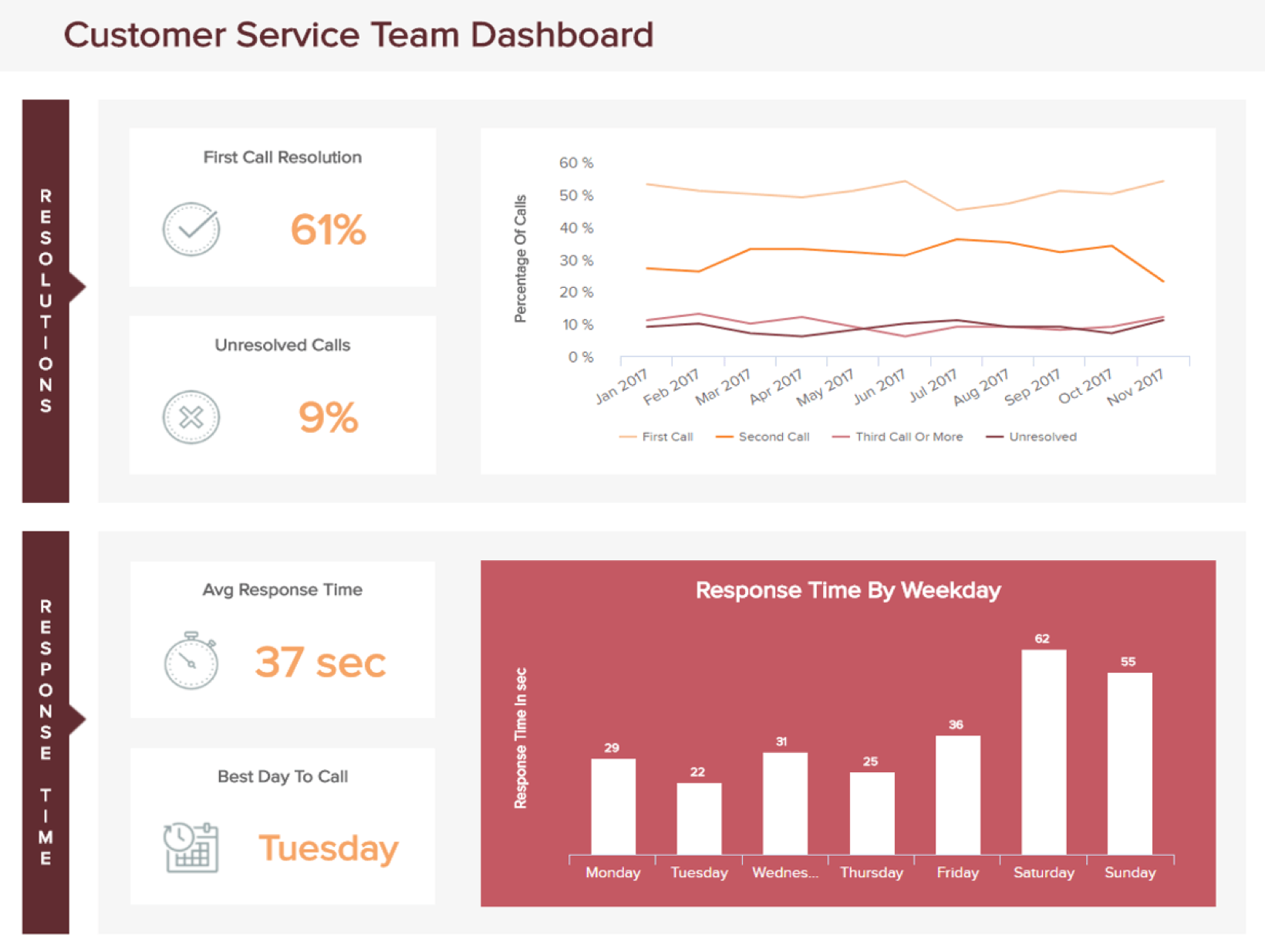
¶ When to use it
Customer service should be a regular channel for the product management team to receive information. Like the business intelligence team, weekly customer service can be more frequently held for newly launched products. However, later on, it can be monthly or even simple email updates if the product grows more mature and stable.
Here are some occasions when a weekly is essential:
1. Product team has updates to share with customer service so that they know what to tell users when asked
2. Product team is building tools for the customer service team
3. Customer service team is new or lacks a formal process to interact with users
4. Customer service team realised the product management team has a lot to improve based on user feedback
If these don't apply, the communication plan with the customer service team should be simple.
Also, in relatively mature companies, input from the customer service team can be quantitative data to track or monitor, i.e., user rating or percentage of each type of complaint.
¶ Who is involved
Usually, users not only complain about products but also about poor campaign design or pricing, etc.; customer service weekly or communication plan should involve all relevant stakeholders so that user complaints can be addressed.
¶ How is it done
- Set up a weekly meeting or email ritual for the relevant stakeholders - owned by customer service and involving all necessary team members.
- Prepare the meeting or touchpoint well to ensure that information is presented in the proper format and that the correct and relevant information is available.
- Review relevant information jointly - starting with a general overview that is always used and then diving into potentially urgent current questions that might need more specialised analysis.
- Conclude on crucial actions to take and next steps, and circulate those after the meeting, together with the supporting information, to ensure everyone can revisit them if needed and understand the rationale without further questions.
¶ Do's & Don't
Do's
- Ensure that reporting (form and format) reflects the needs of stakeholders. Good information presentation is critical to understanding.
- Understand current, urgent questions and prepare information to address them besides the hygiene business check-up.
- Build a story based on user feedback, which helps drive decisions.
Don't
- Don’t overwhelm stakeholders with raw data or endless rows of feedback. Every presented information should correlate to a critical business question. Not more, not less.
¶ Example
